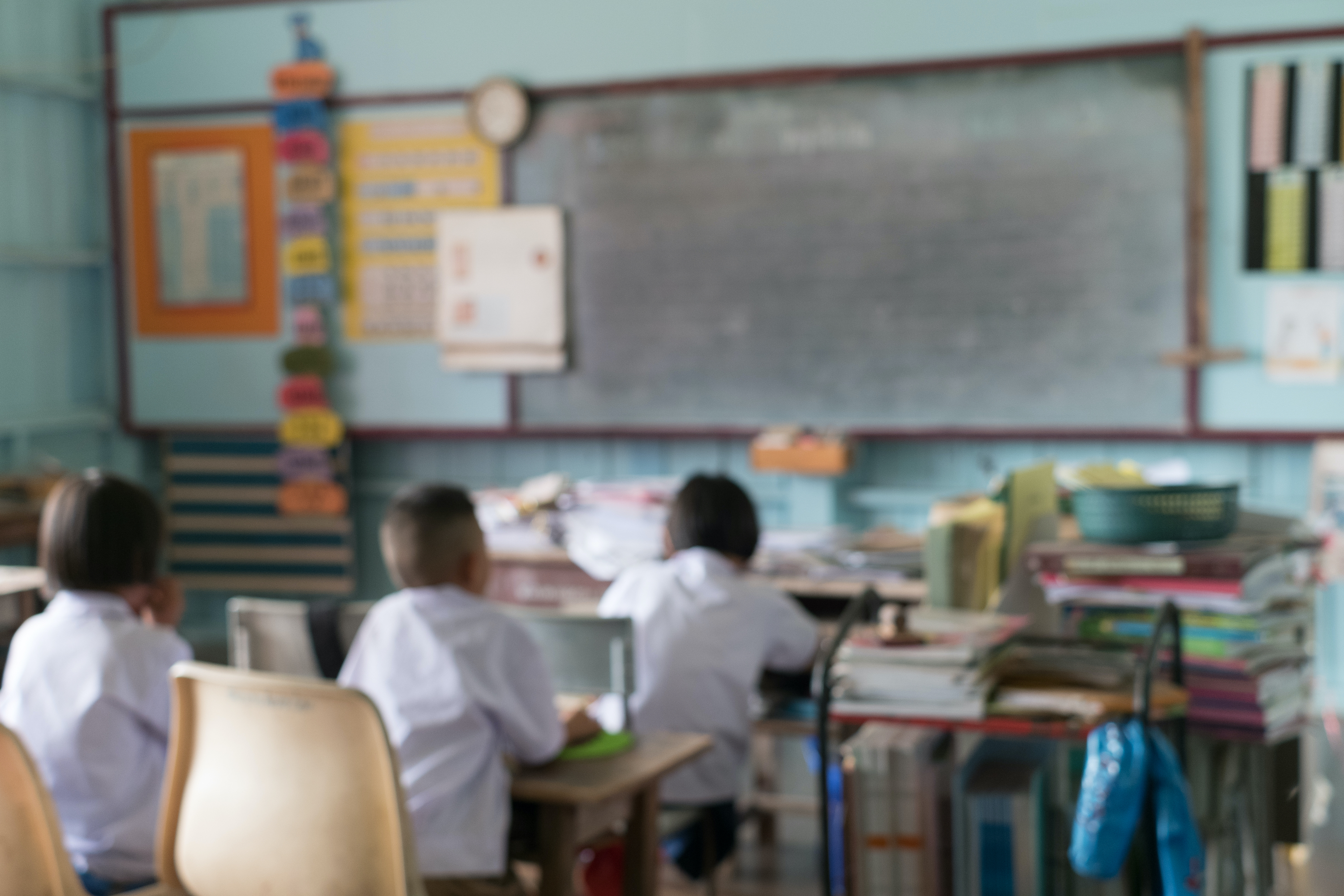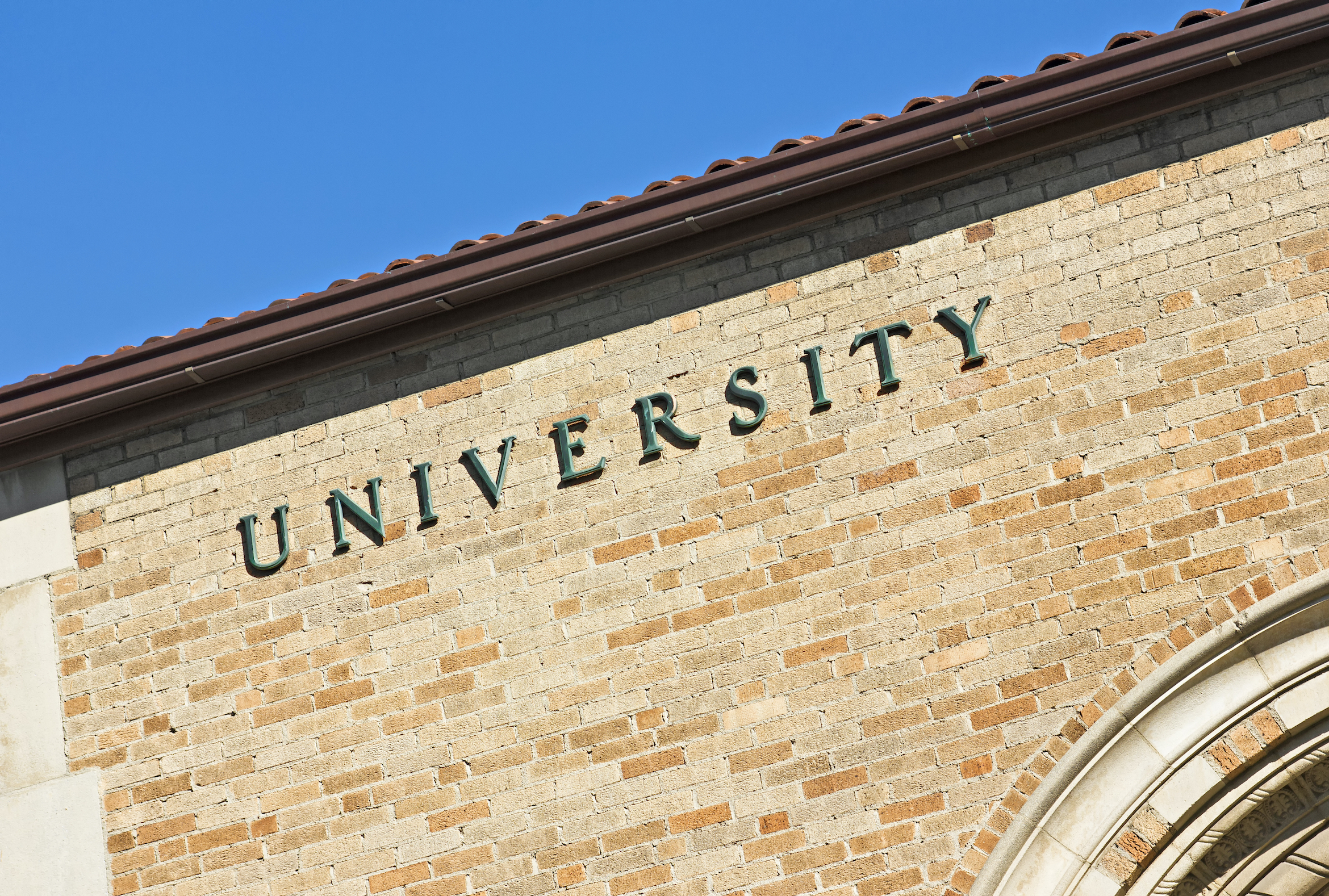Education systems are unequal in most societies around the world in that we see big gaps in achievement levels, particularly between children from more advantaged families and children from more impoverished families. The inequalities that we see in educational achievement are ubiquitous. There are very few systems in the world that don't have them – some systems just have more significant inequalities than others.
The reason why education inequality matters so much is that education is an investment. In other words, those who don't get the skills that you get from investing in education, then suffer when they join the labour market. They end up having more inferior quality jobs, and they earn less. You’re more likely to be employed if you have higher levels of education. Conversely, if you haven't invested in education, you’re more likely to be unemployed.
Being unemployed is associated with a whole range of poor outcomes, ranging from poor well-being to poor physical health. It goes beyond just being about education inequalities. Education inequalities map onto many other disparities that last a lifetime, particularly labour market inequality and inequalities related to well-being. As a society, we should be very concerned about education equity. It matters, and although we see inequalities in educational achievement across the board, some systems have done a far better job at abating those inequalities.
Different forms of inequality
We need to be very careful when considering education inequalities. There are two types of inequality to worry about. The first is simply the difference in achievement levels that you see in the system. For example, if you have an education system where the top 20% are doing very well, but 80% of the population are illiterate, that’s a form of inequality. We see this often in lower-income countries where there are large numbers of children, particularly young girls, who may not even have access to school. Moreover, if they are accessing school, they aren’t receiving high-quality schooling, and there are very stark inequalities in achievement. The policy solutions to that are greater state investment in education and ensuring that all children get compulsory schooling to a minimum standard. The other type of education inequality that we talk about often in more developed countries is the inequality that we see between children in the same schools: if you go to a school, you will find that the children from more advantaged family backgrounds, wealthier children, are doing better than children from more disadvantaged backgrounds.
Inequalities in wealthy countries
Even in rich countries with reasonably well-funded education systems where everybody gets access to compulsory schooling, you still have inequalities that are positively related to the social background of the pupil. In those countries, what's also evident is that the more unequal your society, the more unequal your labour market. The more unequal your average earnings, the more unequal your educational achievement is.
It's quite hard to have a school system in which everybody ends successfully with the same level of skill if there are children who come from wildly different family backgrounds in the first place. Some parents hugely invest in their children. Other children struggle with stressed parents who work long hours in very constrained spaces and with minimal resources to put into their children's schooling. Thus, it's hard for the school system to magically narrow those gaps and end up with a situation where all children have the same level of achievement when they leave the school system if the wider society is vastly unequal.
The whole point behind compulsory schooling and high-quality state-funded education systems is that every child can start school, experience high-quality schooling and have the potential to come out of the school system with high-level skills. What I've seen in my work is that it doesn't really work like that: children start school with a big difference in their level of achievement. However early you measure it, their skill level when they start school is very different if they come from different family backgrounds. The family environment has an impact on children from birth and even from just before birth.
The aim of the State must be to compensate for the fact that some children’s families are quite disadvantaged, and they're experiencing distinct childhoods, very different schooling experiences from their more affluent counterparts. Accordingly, it's not enough to just provide compulsory schooling; it’s probably not even enough to provide high-quality compulsory schooling. The state needs to think about targeted spending: wherein the State is deliberately spending more on children who are likely to be otherwise at a disadvantage.
More funding?
Most education systems recognise that more funding is needed to school a child from a disadvantaged family than is necessary to school a child from an advantaged family. Governments give more money to schools to help them support these children. The real question is: how effective is that? It can be effective to target resources for low-income children, but it doesn’t change the inequities in the wider world. This is why education policy should be aligned to broader policies. When you start to reduce the inequalities that we see in earnings, the labour market and the wider society, you're likely to make big inroads into reducing education inequalities.
It doesn't mean we should give up while we're waiting for the world to change; we can still do a lot via our education system by increasing the targeting of poor children with additional resources. However, the problem is that there's not necessarily widespread public support for funding poorer children in some countries, and it's quite a difficult thing to grapple with politically in liberal or neoliberal countries. In these countries, the battle to spend more on our most deprived children is contentious since the wider society is more unequal.
Private schools vs State schools
Even in systems where we have well-developed state-funded education and where most children attend a state-funded school, private or independent schools exist alongside that. Some of the key questions that people often ask are: what is the role of private schools? Are they divisive? Do they increase inequality in educational achievement? Since you need resources to pay for your child to attend a private school, children from richer backgrounds access private schools. Private schools are often more effective in providing children with higher skill levels who, in turn, exceed in the labour market. In most systems, we see that children who attend a private school tend to do better academically. They then go on to earn more in the labour market, which I believe causes a lot of resentment.
In the UK, there's a very big debate about the role of private schools in our system. There are two aspects to consider: first of all, not all private schools are more effective than State schools. Although private schools have higher achievement levels, that's partly because of the kinds of children that they admit. If you only admit the wealthy children who have very high test scores, which some private schools do, it's not surprising that those children will go on and exceed in the labour market. However, they would have done well anyway, even if they'd attended a different school. The second issue is whether private schools worsen inequality, or whether it's the irrelevance that happens for a small proportion of the population. That's a far more difficult question to answer.
Since the Great Recession, there’s been a phenomenon where increasing numbers of young people are getting degrees and yet struggle to secure jobs when they graduate. If they do manage to get a job, it’s a non-graduate or a lower-quality job. I believe there are two main reasons for this: the first is that the skills that are in demand in the labour market are often not the skills that the students are acquiring, which raises interesting questions about whether students are fully informed about this. Do they know the consequences of choosing a particular subject? Should we be trying to help them make those decisions? If we did advise them as to what degree seemed to be particularly valuable in the labour market, is there a danger that people would become very narrow? Would we lose arts and humanities degrees that are intrinsically valuable for society even if it doesn't appear that there's a strong labour demand for those skills at the moment?
It raises questions about whether it's enough to merely increase the number of graduates or whether particularly, it’s enough to increase the number of graduates who study certain subjects. The other important point is that you cannot create jobs by simply increasing the skills of your workforce. It may be a necessary condition to have a highly-skilled workforce to have a buoyant economy, but it's not enough. If other steps are not taken, adding more graduates to the labour market is not going to transform it or improve the prospects for those graduates radically.
Discover more about
Education inequality
Britton, J., Dearden, L., Shepard, N., et al. (2019). Is improving access to university enough? Socioâ€economic gaps in the earnings of English graduates. Oxford Bulletin of Economics and Statistics, 81(2), 328-368.
Aslam, M., Malik, R., Rawal, S., et al. (2019). Do government schools improve learning for poor students? Evidence from rural Pakistan. Oxford Review of Education, 45(6), 802-824.
Machin, S. & Vignoles, A. (2004). Educational inequality: the widening socio-economic gap. Fiscal Studies, 25(2), 107-128.


